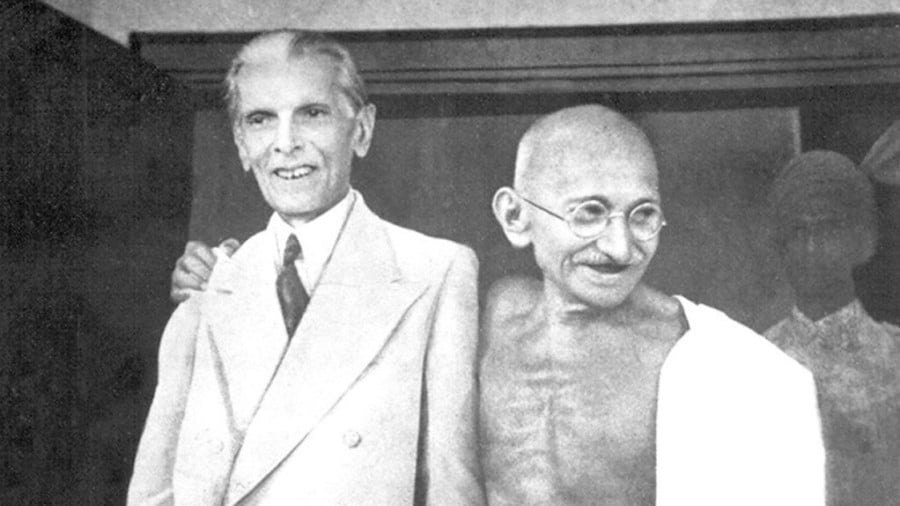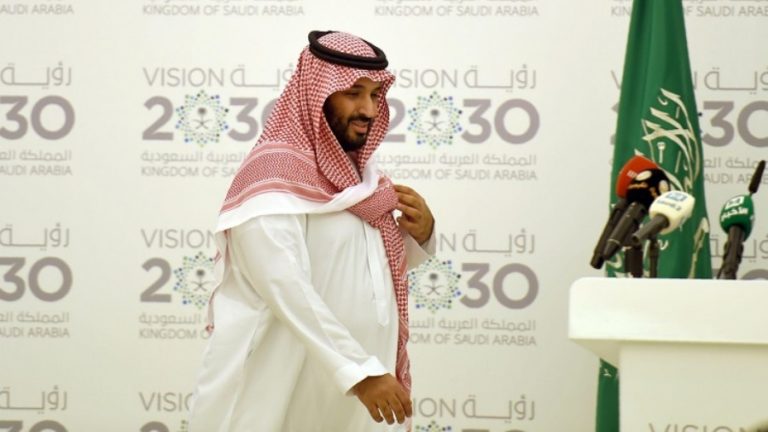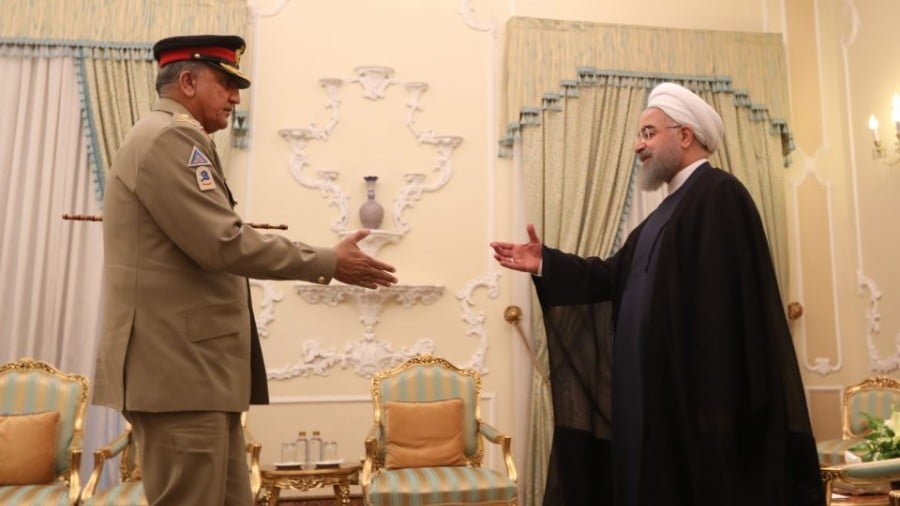The Korean Peace Process Cannot Be Applied to Pakistan and India
The peace process in Korea which has thus far had more successes than setbacks, has led to many questioning whether a similar peace process could be applied to the longstanding disputes between Pakistan and India. While any suggestion of the possibility of peace is necessarily a hopeful discussion to those living in zones of historic conflict, when it comes to the issues dividing Pakistan and India, a much different and more wide reaching approach is required vis-a-vis that in Korea.
A single land divided versus hostile neighbours
The penultimate goal of any Korean peace process is the reunification of what is historically and practically a single nation of people that was artificially divided after the Second World War. By contrast, Pakistan and India are separate states that will eventually need to find a way to live next to each other in a spirit of peace. One cannot compare rivalling neighbours to a single people artificially divided. In this sense, the division of Korea can be more readily compared to Vietnam which was reunited after decades of blood-soaked conflict or Germany which was reunited peacefully after the Berlin Wall fell without meaningful opposition.
No occupation in Korea unlike in Kashmir
The central of many issues currently preventing a fully fledged Indo-Pak rapprochement is that of Kashmir. So long as part of Kashmir is Indian occupied, this reality which is a culmination of centuries of colonial rule in South Asia and decades of mismanagement of the situation from New Delhi, will continue to stifle the possibility of a holistic Korean style peace process.
In Korea, a common socio-historic space was divided. In Kashmir, a majority Muslim population is being occupied by an Indian state at gun point. There is simply no comparison in this sense. For Korea it is about ending political suspensions across an artificially constructed division. For Kashmir it is about ending an occupation and giving Kashmris a right to freely exercise their inherent right of self-determination.
Multi-ethnic/multi-confessional South Asia versus homogeneous Korea
Both India and Pakistan are multi-ethnic states and India in particular is extremely diverse in terms of being multi-confessional. In addition, historic caste issues in India (which continue to cause social discord) have no contemporary analogue in Korea. If India and Pakistan individually are more diverse places than Korea, one can clearly understand how some of these issues could elongate if not complicate any peace process, not least because both India and Pakistan accuse one another of funding separatist movements in the other state.
Korea by contrast is one of the most ethno-linguistically homogeneous places on earth. While certain differences in lexicon have developed on either side of the 38th parallel over the past decades, these superficial differences cannot be compared to the violent sectarianism that to name one example, India has covertly funded in the Pakistani province of Balochistan. Furthermore, in Korea there is no real religious dynamic to cause tensions. While North Korea remains officially atheist and while South Korea has experienced a growth in non-indigenous Protestantism due to influences from the US, religion is nevertheless a far less potent factor in Korea than an ethno-nationalist identify that has existed for centuries.
Border disputes versus disputes over a border
The colonial legacy in South Asia has left India with border disputes between herself and her neighbours, particularly between India and China as well as between India and Pakistan. Such problems are notoriously difficult to settle because no side ever wants to give up what it believes is a rightful claim.
By contrast, the only scandal in Korea is that there is an internal border in the first place. Implicit in the peace process is the gradual relaxation of what is now one of the world’s most closed borders, with the penultimate goal of erasing the border entirely. This is ultimately a less fraught process than arguments over where to officially draw currently disputed borders.
Personal good will
In spite of attempts by American political figures including John Bolton and Nikki Haley to meddle in the Asian authored, owned and executed Korean peace process, Kim Jong-un and Moon Jae-in appear to have developed a relationship based on good will and good faith. In respect of Pakistan and India, such an atmosphere does not exist. This is primarily due to the sectarianism and extremist tendencies of the ruling Hindutva BJP under Narendra Modi. Modi continues to scapegoat Indian Muslims and Pakistanis for many if not most of India’s internal woes. Meanwhile, pro-Modi media have actively promoted conspiracy theories which seek to blame Pakistan’s Inter-Services Intelligence (ISI) for causing social disruptions in India even when the problems in question are clearly of an entirely domestic nature.
An atmosphere of religious extremism as advocated by the BJP is incompatible with the spirit of good will necessary to engage in a meaningful and practicable peace process. Unless the leaders of India and Pakistan have a good or at least normal personal relationship, there will likely be little that can be accomplished even if a peace process is attempted.







